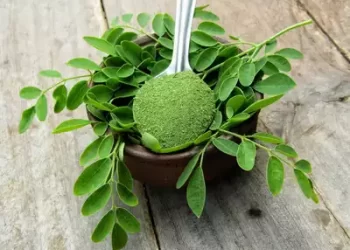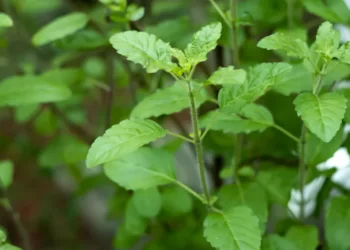Sinus In Winters: Stuffy nose or sinusitis? Common wintertime complaints that can really make someone unpleasant are head congestion, colds, and coughs. Winter has its own set of challenges and problems, many of which have an impact on health. The winter months tend to make conditions like diabetes, bronchitis, joint discomfort, asthma, and hypertension worse. Another one of them is sinus. A decrease in body temperature causes veins to tighten, applying pressure to other organs and causing blood pressure to rise, which also affects other areas. The dry weather is the primary cause of sinus irritation.
SINUS CAUSES: 5 REASONS WHY SINUS IS AGGRAVATED IN WINTERS?
- Dry Air: This is one of the main reasons that may trigger the nasal problem. The cold, dry air during winter can cause the nasal passages to become dry and irritated, leading to sinus problems
- Indoor Allergens: Spending more time indoors during winter exposes you to potential indoor allergens like dust mites, pet dander, and mold, which can trigger sinus symptoms.
- Viral Infections: Winter is a prime time for viral infections like the common cold and flu, which can lead to sinusitis. To reduce the risk of catching these infections, practice proper hand hygiene by washing your hands regularly with soap and water. Avoid close contact with sick individuals and consider getting a flu vaccine to protect yourself.
- Temperature Changes: Frequent exposure to extreme temperature changes, such as going from the cold outdoors to heated indoor spaces, can irritate the nasal passages and trigger sinus problems. Dress appropriately for the weather and try to minimise sudden temperature transitions by keeping your home at a comfortable temperature.
- Poor Immune Function: Weakened immune function can make you more susceptible to sinus infections. Take steps to support your immune system by adopting a healthy lifestyle. This includes eating a balanced diet rich in fruits, vegetables, and immune-boosting foods, getting regular exercise, managing stress levels, and getting enough sleep.
If you already have sinus problems, using saline nasal sprays or rinses to keep your nasal passages clear, avoiding irritants like cigarette smoke, and getting medical help if symptoms increase or persist are some additional steps you may take to relieve symptoms and prevent consequences.
SINUS TREATMENT: 5 PREVENTION TIPS IN WINTERS
- Steam Inhalation: Inhaling steam can help soothe and moisturise the nasal passages, providing relief from congestion and promoting sinus drainage. You can use a humidifier, take a hot shower, or create a steam tent by leaning over a bowl of hot water and covering your head with a towel. Adding a few drops of eucalyptus or peppermint essential oil to the water can provide further relief.
- Hygiene: Regularly clean and dust your living space, vacuum carpets and upholstery, and keep your home well-ventilated. Consider using allergen-proof covers for bedding and washing them frequently.
- Warm Compresses: Applying warm compresses to your face can help alleviate sinus pain and pressure. Soak a clean washcloth in warm water and place it over your nose and cheeks for a few minutes. Repeat this several times a day to promote sinus drainage and relieve discomfort.
- Nasal Irrigation: Besides saline rinses, there are other nasal irrigation devices available, such as neti pots or squeeze bottles, which can help flush out mucus and allergens from the sinuses. Use sterile saline solution or a solution made with distilled, boiled, or filtered water to rinse your nasal passages. Follow the instructions provided with the irrigation device for proper usage.
- Rest and Elevate: Getting adequate rest and elevating your head while sleeping can assist with sinus drainage and alleviate congestion. Use an extra pillow or prop up the head of your bed to promote better drainage.
- Warm Fluids and Hydration: Drinking warm fluids like herbal tea, clear broths, or warm water with lemon can help thin mucus and promote sinus drainage. Staying hydrated throughout the day also helps keep the nasal passages moist and reduces congestion.







 Finance
Finance







